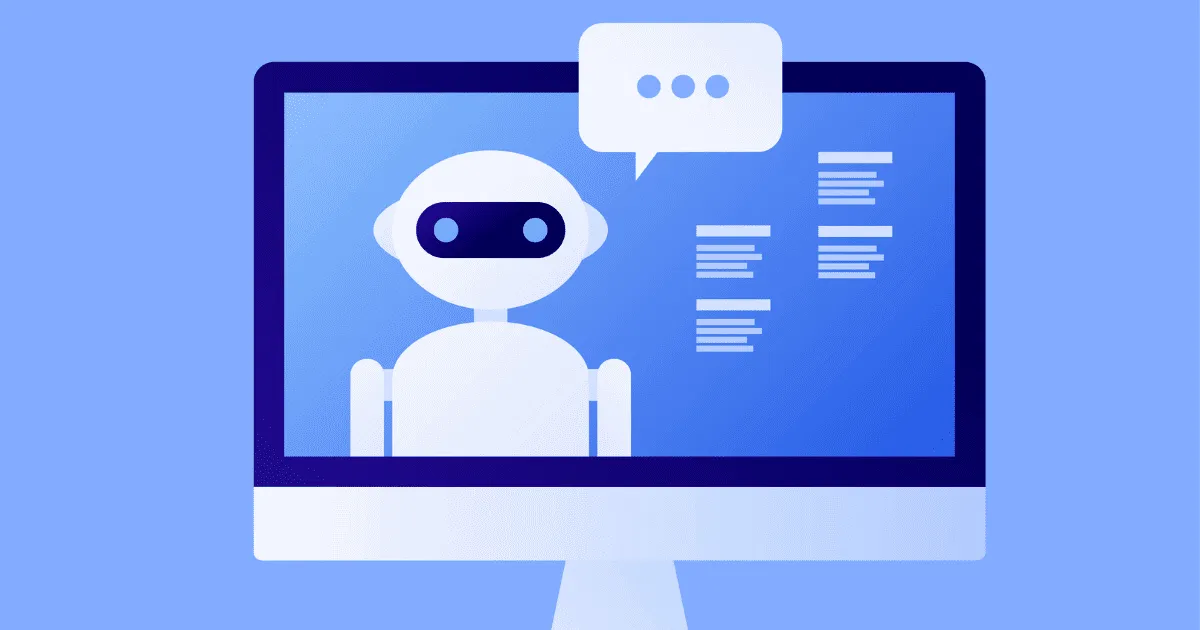
Last year, there was plenty of buzz around different Artificial Intelligence tools that became publicly accessible and turned the world upside-down. ChatGPT, DALL-E, WOMBO Dream, Chinchilla AI, and many other tools have taken us by storm in 2022 and caused plenty of controversies.
While many people felt stunned and inspired by innovative AI-powered chat, many also faced deep fears of the possibility of being replaced by them. This especially applies to writers, who were shocked by how much a simple chatbot can mimic human speech and create high-quality content in seconds.
For months, users were testing these chatbots for a variety of purposes. Academic professionals and particularly students who use paper writing services asked them to make me an essay or write a literature piece review. Marketers asked them to write a YouTube video script and requested all other sorts of content. So now, after some initial buzz is gradually going down, it's time to ask --- will these tools actually replace human content creators?
Uses of AI Chatbots for Writing
Now that different AI chatbots like ChatGPT and Chinchilla have been around for some time, we can already somewhat understand their possibilities.
Namely, these tools can be used for the following purposes:
- Generating topics and ideas for content;
- Creating samples of short writing;
- Making content plans and scripts;
- Finding answers to complex questions.
As you can see, despite their huge possibilities, these language-processing models can be used primarily for research and ideas generation purposes. Indeed, they can provide full-scale, compelling pieces of writing. For example, many students tested chats' academic writing capabilities to see if they could use these tools and not buy term paper online.
Many marketers, website owners, and bloggers also gave it a shot. They tasked AI to generate product descriptions, landing pages, blog posts, and other types of content to see if it could perform the same tasks as human writers.
Such an extensive list of potential uses can indeed make you feel like these tools can render human creators obsolete. However, let's now take a look at the major pros and cons of using them in the writing landscape.
AI-Powered Chatbots Pros and Cons
As you now know, there are quite many potential uses of AI in writing. However, is it really that good?
To answer this question, we have to study the primary pros and cons of such chatbots.
Pros:
- AI is capable of scanning large datasets and delivering prompt answers even to the most complex questions or requests.
- Chatbots can mimic human language and produce texts that are indeed hard to distinguish from human-written.
- There is a huge potential for using these tools in research and ideas generation.
Cons:
- The word count of text generated by chatbots is still limited. Thus, currently, there is no way to request long-form content and receive it from AI, which means that there is still the need for a human writer to revise and extend the obtained content.
- Chatbots' databases are limited. Currently, most of the available tools only use the digital content posted before 2021 to process and answer users' requests. That is, if you need fresh and actual data, AI might not be able to provide it to you.
- Also, since their databases are restricted and since chatbots are trained through trial and error, they can often provide misinformed or inaccurate answers. That is, if you need high-quality and accurate content, this might be an impossible task for AI.
- Currently, different chatbots have a rather limited range of topics. Many topics are still beyond their understanding or other policies, which makes these tools pretty much useless in certain niches.
- Unlike human writers, AI lacks empathy. That is, chatbots cannot understand human emotions and use them to answer questions or generate content. And as you should know, empathy and emotional background are often crucial in marketing, academic, and creative writing.
- AI-generated content also violates a number of long-established rules and policies, such as the ones relating to content uniqueness. For example, in terms of marketing, it violates Google and webmaster policies. The reason for this is simple --- AI still can't generate its own unique ideas. That is, all content generated by bots is just a synthesis of ideas and content that were already published elsewhere. There is no originality in them. Due to the same reason, it's not recommended to rely on chatbots instead of the top paper writing services because chatbots won't give you an original and authentic paper.
The Bottom Line
Now that you know about the main uses, as well as the pros and cons of AI in writing, it's time to answer the main question --- can it actually replace human writers?
Currently, the stance on this matter is unshakable --- no, it can't. While AI language processing models can simplify the work of writers in some way, they can't replace human content creators. It's crucial to remember that Artificial Intelligence isn't actually creating content. Instead, it's simply mimicking thousands and millions of existing resources to churn out answers or content based on them. It's not capable of thinking and coming up with fresh ideas, whereas human writers can.
Of course, these systems are currently learning. We can't really predict what they will be like in the future. However, at this point, it's absolutely clear that they won't be able to replace writers in the nearest future.
Comments
Loading comments…